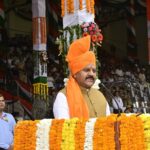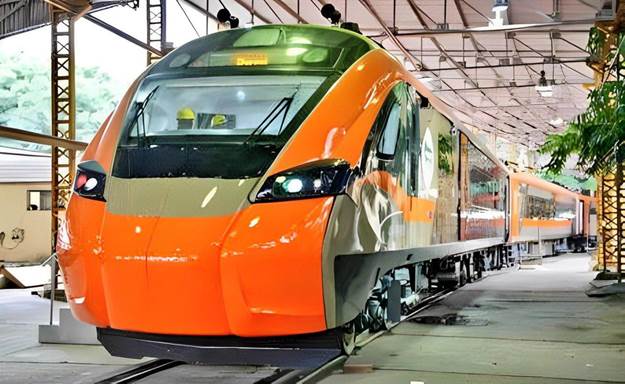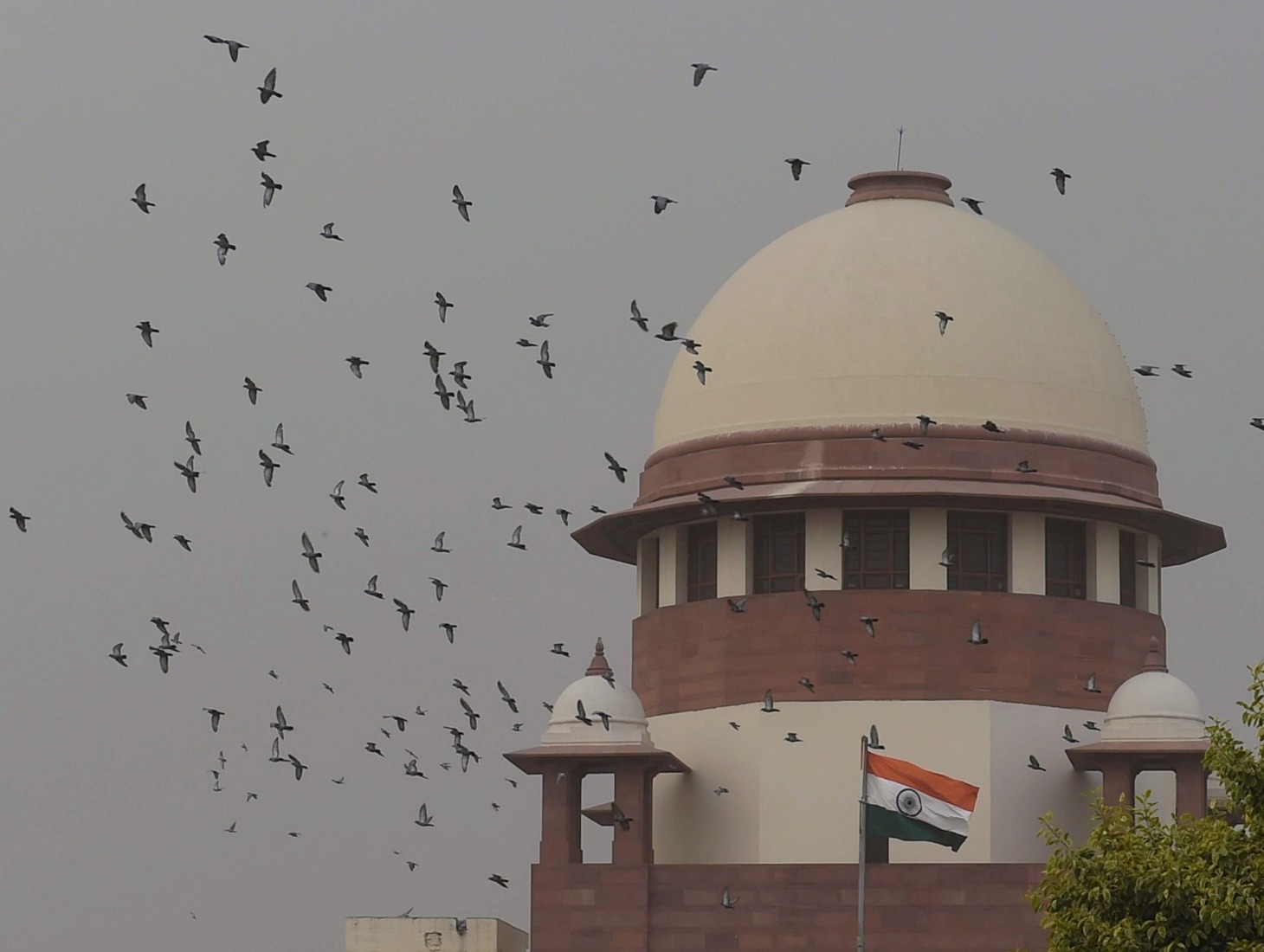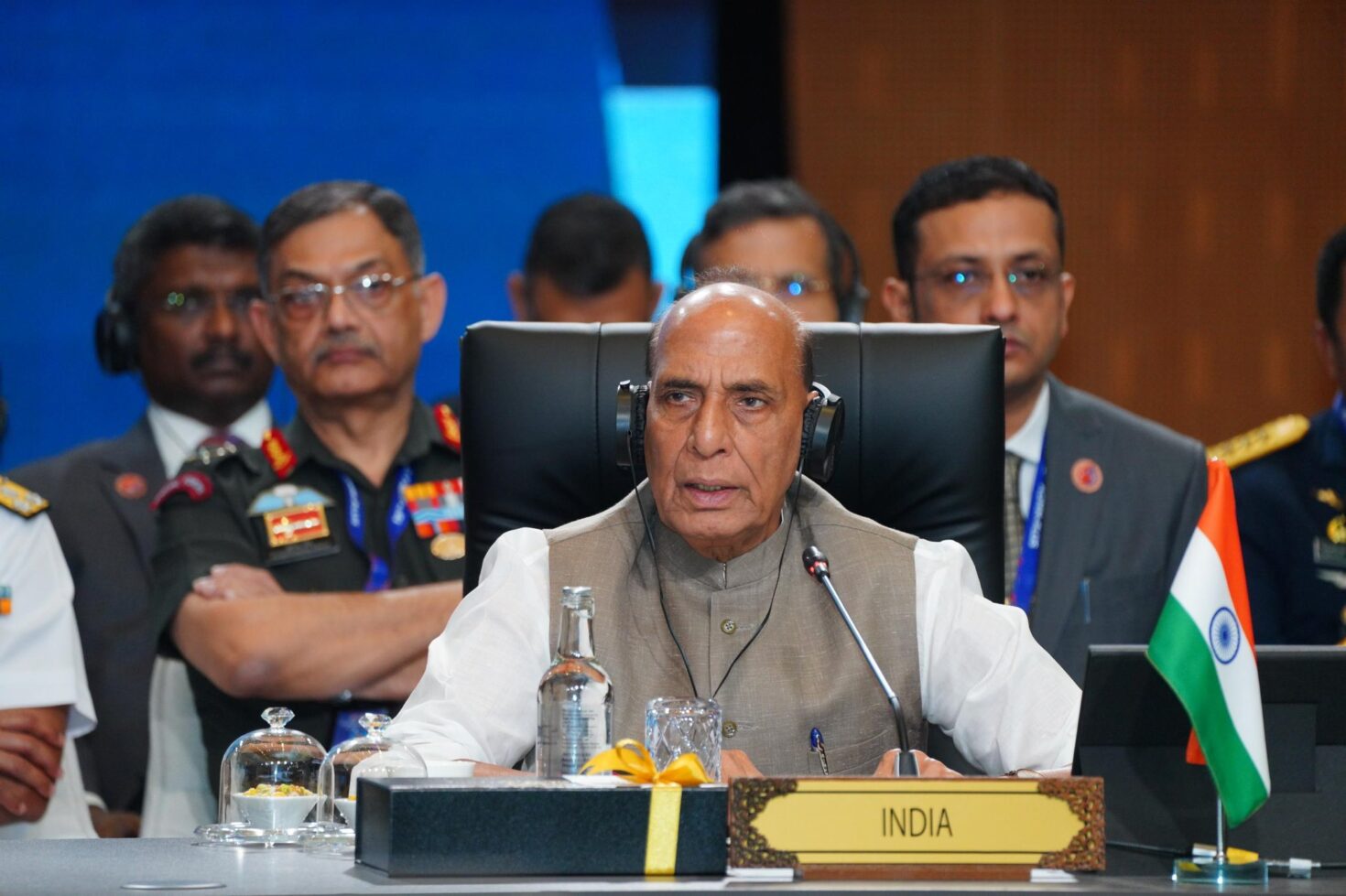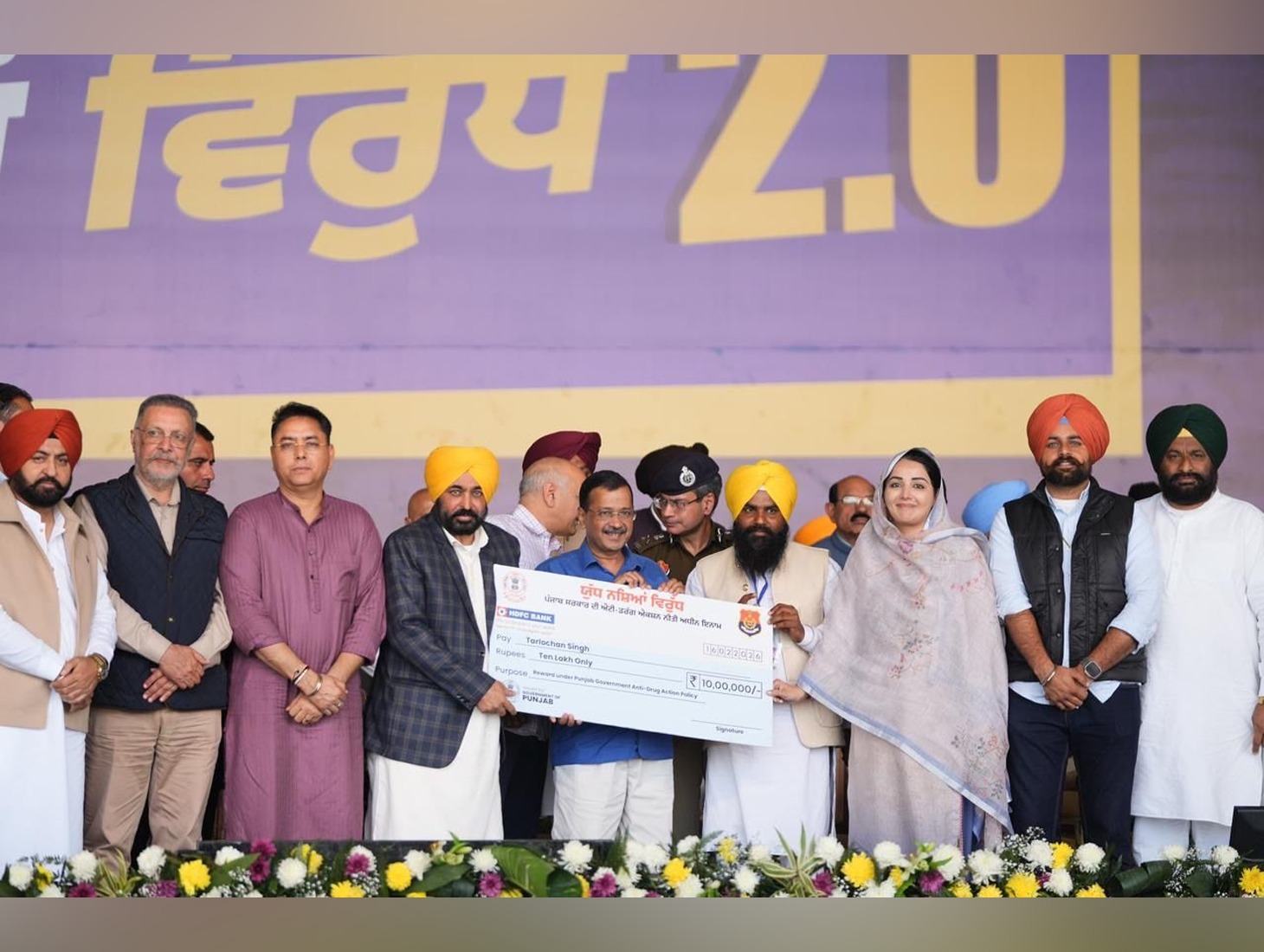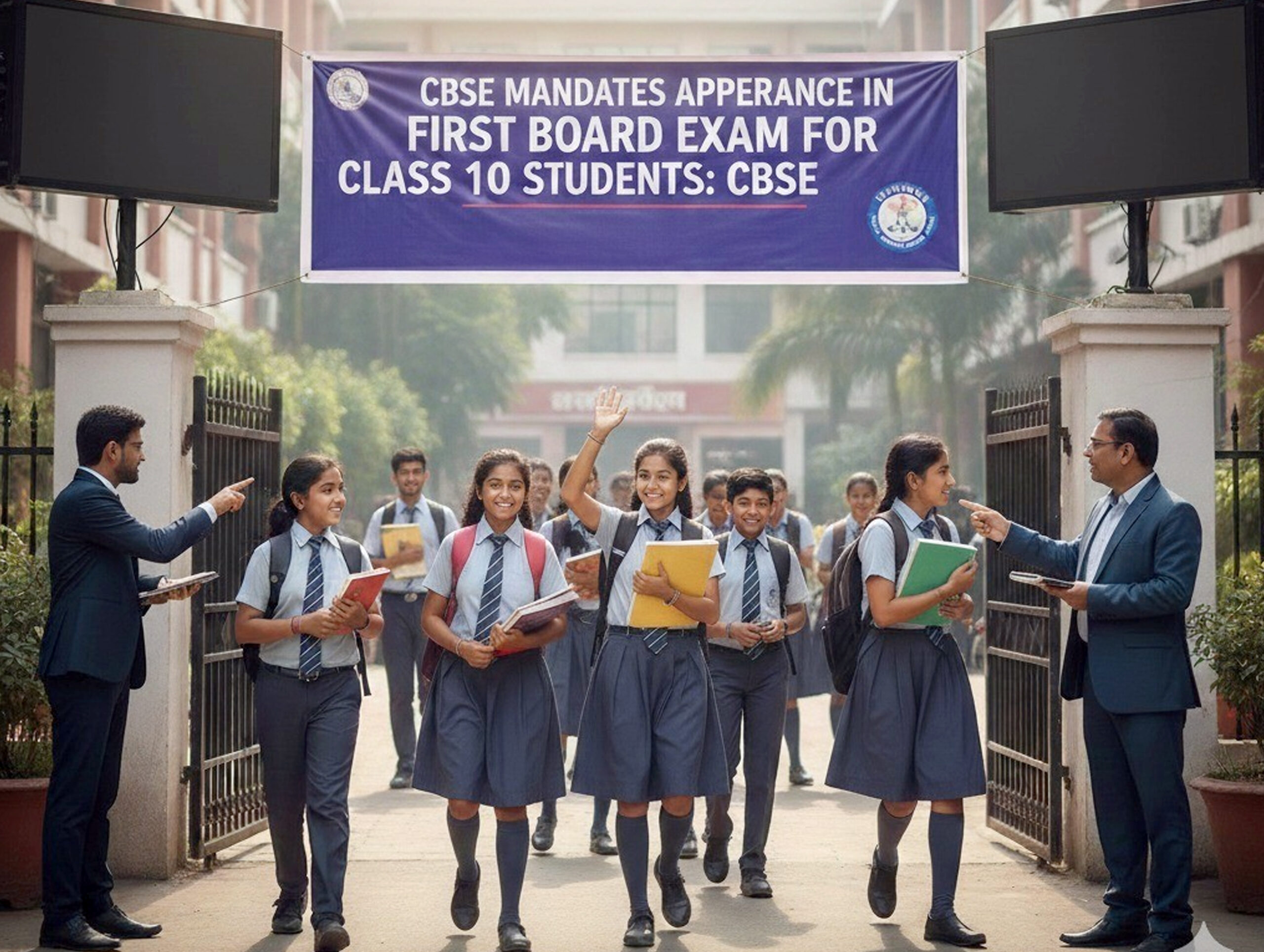Vande Bharat sleeper train hits 180 km/h in successful trials
North News
New Delhi, January 4
India’s long-distance rail commuters are set for faster, safer travel in the new year, with Indian Railways progressing towards offering world-class travel experiences for longer routes. The Vande Bharat sleeper train, after successful trials, reached a peak speed of 180 km/h, a significant achievement for the Indian Railways, said the Railway Ministry. The trials, which started in early January, are set to continue throughout the month before the sleeper trains are officially launched for public service, the Ministry said.
Union Minister of Railways Ashwini Vaishnaw shared a video on social media showing the train’s stability at high speed. The footage demonstrated a glass of water remaining still as the train hit 180 km/h, showcasing the smoothness of the high-speed travel. The video followed successful trials on January 2, where the Vande Bharat sleeper, loaded with passengers, reached its peak speed during a 30 km stretch between Kota and Laban in Rajasthan.
Earlier, on January 1, the Vande Bharat sleeper achieved speeds of 180 km/h during a 40 km run between Rohal Khurd and Kota. Additional speeds of 170 km/h and 160 km/h were recorded in other trial sections. These trials will continue under the supervision of the Research Designs and Standards Organisation (RDSO), Lucknow, with a final evaluation by the Railway Safety Commissioner.
Once trials are concluded and the train passes safety assessments, the Vande Bharat sleeper train will be inducted into regular service. These trains are equipped with advanced features such as automatic doors, ultra-comfortable berths, onboard WiFi, and an aircraft-like design. Currently, Vande Bharat trains operate on medium and short-distance routes, offering reclining seats and a premium travel experience on 136 trains across India.
The challenge for the Railways has been adapting these trains for full passenger and luggage capacity while maintaining peak speeds. With these successful trials, commuters can expect world-class travel experiences on long-distance routes, such as from Kashmir to Kanyakumari, Delhi to Mumbai, and Howrah to Chennai. The faster trains will reduce travel times significantly, as current trains like the Tejas Rajdhani Express have a maximum speed of 140 km/h, with average speeds on long-distance routes like Delhi-Mumbai at just 90 km/h.
Vande Bharat trains, which already serve key Shatabdi routes, are designed for comfort and speed, marking a milestone in India’s railway modernization.










